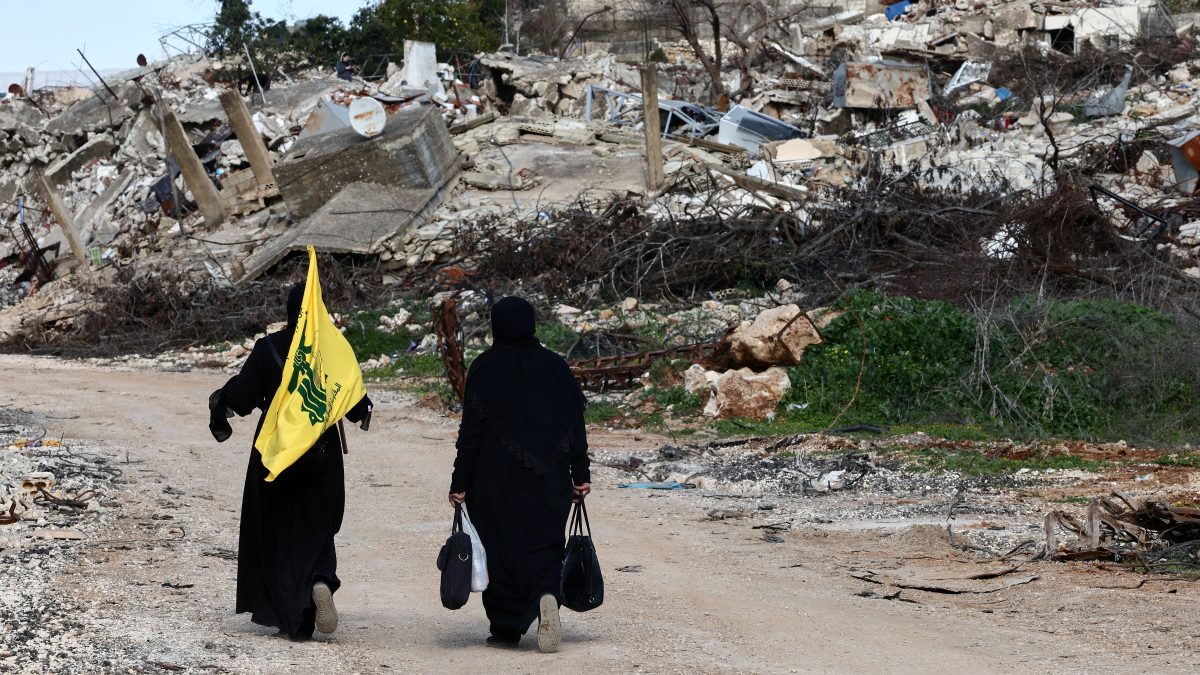Lebanese officials have expressed outrage over recent remarks made by Iranian Foreign Minister Abbas Araghchi regarding Lebanon’s decision to disarm Tehran-backed Hezbollah. Araghchi’s comments, suggesting the decision would fail, have been widely condemned in Lebanon as interference in the country’s internal affairs, prompting some officials to call for a complaint to be filed against Iran at the United Nations Security Council. In response, Foreign Minister Youssef Rajji has tasked the ministry’s secretariat with summoning the Iranian ambassador in Lebanon, according to a report in Asharq Al-Awsat.
Foreign Minister Youssef Rajji criticized Araghchi for commenting on Lebanese internal affairs, stating that his remarks “violate Lebanon’s sovereignty, unity and stability and are interference in its internal affairs and sovereign decisions.” Rajji emphasized that relations between countries should be built on mutual respect and non-interference, with full commitment to decisions made by legitimate constitutional institutions.
Rajji underscored the Lebanese government’s “historic decision over limiting the possession of weapons to the state before the end of the year,” vowing that this decision is final and decisive, with no possibility of backing down. This firm stance reflects the government’s commitment to asserting its authority and maintaining stability within the country.
MP Ghayath Yazbeck, a member of the Lebanese Forces’ Strong Republic bloc, condemned Araghchi’s statements as “a complete violation of the dignity of a sovereign and independent state,” highlighting the extent of Iranian meddling in Lebanon and the harm it has allegedly inflicted on the Lebanese people and their state. Yazbeck further criticized Iran’s “clear destructive role in Lebanon,” drawing parallels to the situations in Yemen, Iraq, and Syria.
Impact Shorts
More ShortsDemocratic Gathering MP Faisal al-Sayegh described Araghchi’s statements as “the ultimate form of meddling in Lebanon’s internal affairs,” warning that such remarks create division among the Lebanese people. Al-Sayegh emphasized that the government’s decision aligns with the constitution, President Joseph Aoun’s swearing in speech, the Taif Accord, international resolutions, and the government policy statement, which has the confidence of Hezbollah MPs.
Political forces in Lebanon are concerned that Iran’s stance could embolden Hezbollah to defy government decisions and potentially provoke Israel to resume its war on Lebanon. The concerns are amplified by historical context, as Iranian meddling in Lebanese affairs was cited as a contributing factor to a past conflict, specifically when Hezbollah, with Iran’s backing, initiated a “support front” against Israel in 2023 in solidarity with Hamas in Gaza.
Al-Sayegh expressed hope that Iran would reconsider its positions and cease meddling in Lebanese and regional affairs, advocating for a “positive and helpful role” in Lebanon’s
reconstruction. Notably, he stressed that this reconstruction is contingent upon the state having a monopoly over arms and decisions of war and peace.
For Lebanon, sovereignty is not up for negotiation.


)

)
)
)
)
)
)
)
)



